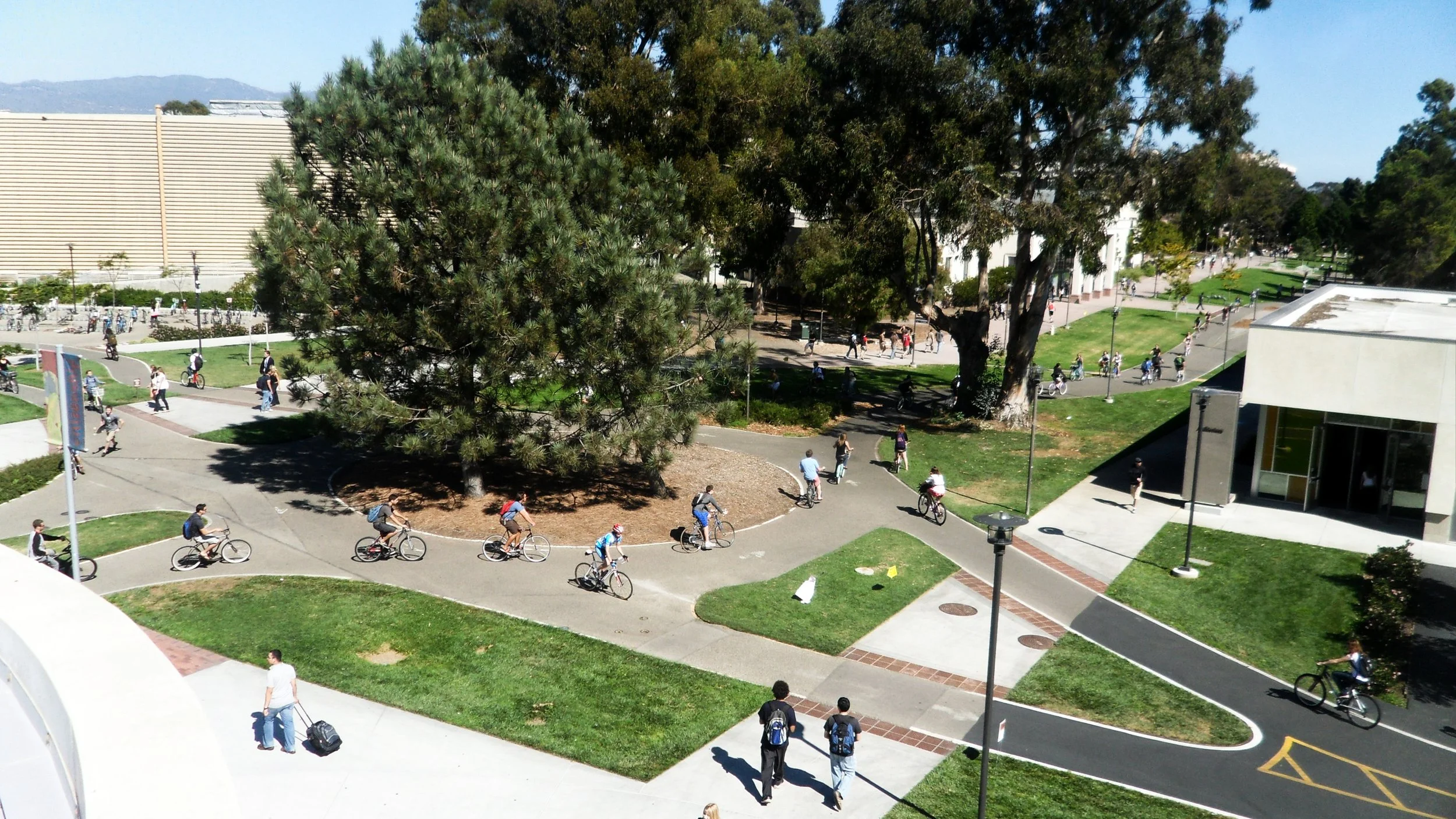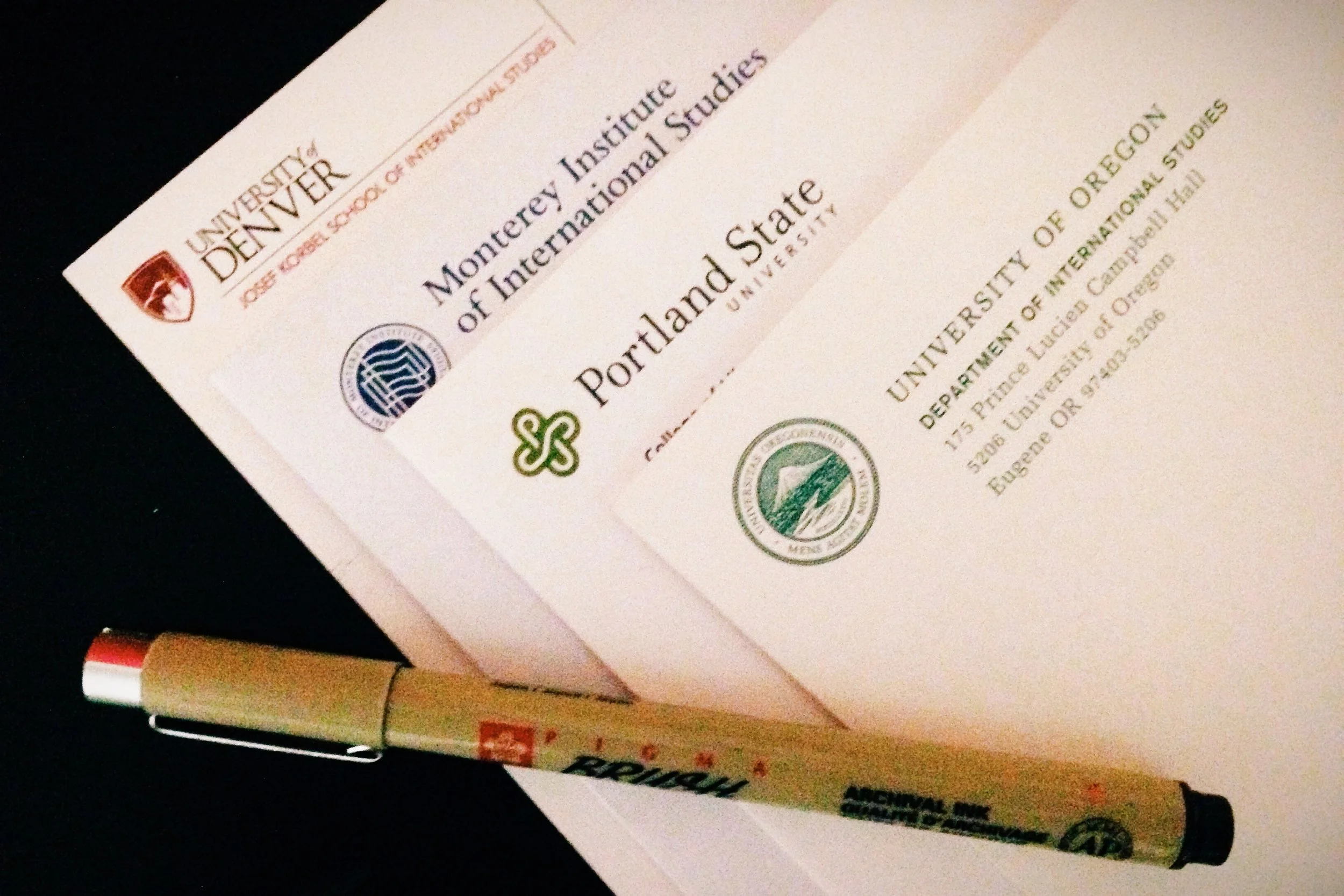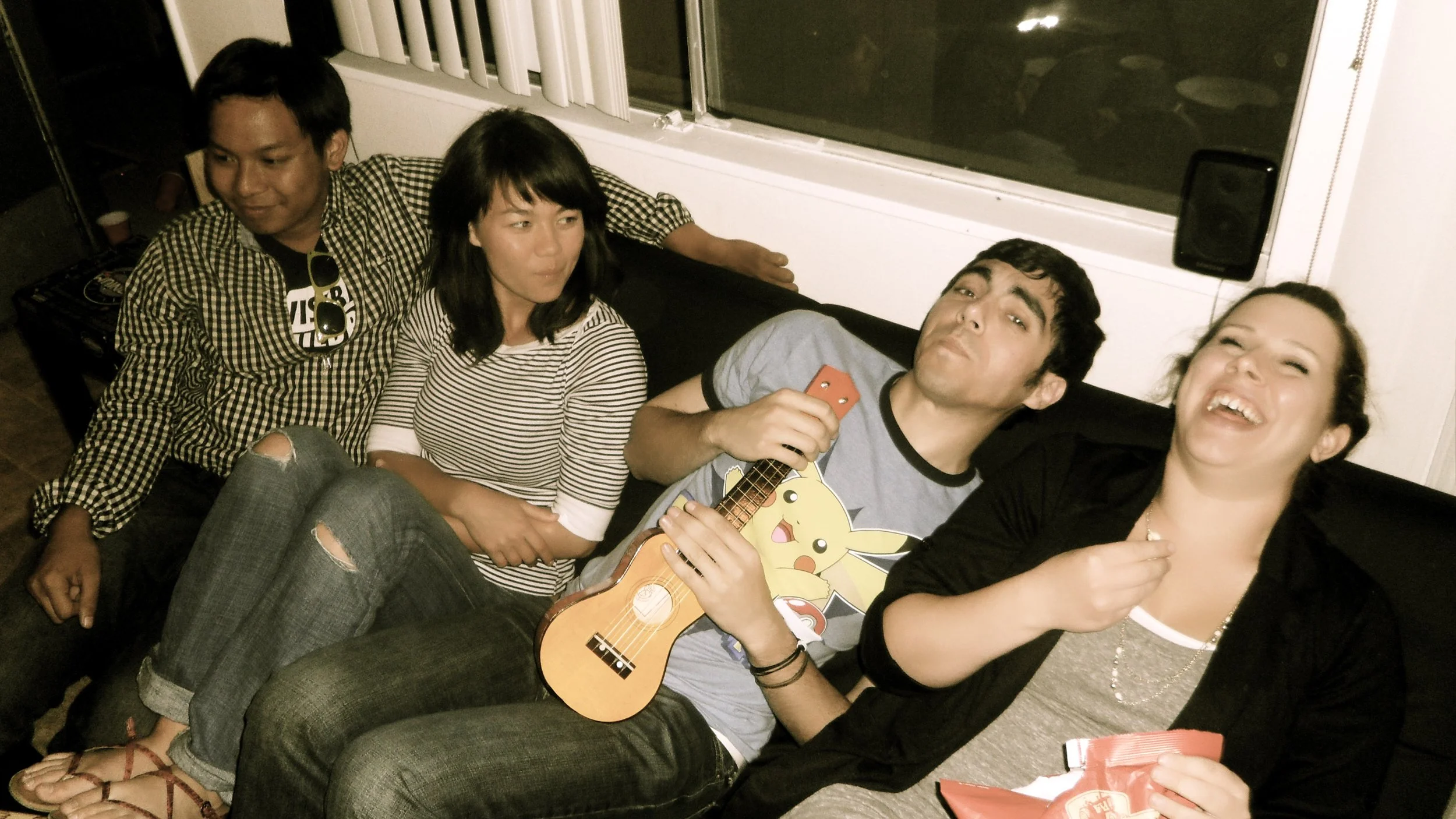Let’s rethink a few assumptions we make about school and learning.
In about 10 months, my twins will graduate from daycare.
This will free up a significant chunk of change from the family budget. For five years now, a large chunk of my paycheck has gone to a little daycare center down the freeway.
Now there’s a light at the end of the tunnel.
It’ll be tempting to redirect those funds to a vacation, a bigger grocery budget, or a series of little treats. and throwback soccer jerseys, there’s a very grown up and responsible thing to do with it.
Putting it in an education savings fund for the next time we may be staring at three tuitions at once: college.
I always imagined that by the time my kids were college age, things would be different. Brand new norms around higher education.
In what way?
Haven’t got a clue.
I’ve been saving money to support them in college... OR whatever the alternative plan is to launch their independent lives.
Because that might not be college.
About 20 years ago, I paid a $16,000 tuition for UC Santa Barbara.
I can imagine how much those price tags have increased.
How much tighter the competition has gotten for those enrollment slots.
All while more and more people question the value of the degrees.
And it’s hard to blame them.
I grew up thinking of college as something that would get me better jobs, higher pay, and a better life.
The presentation seemed clear at the time. But looking back decades later, it feels like an overpromise-and-underdeliver.
It’s very common to find struggling MAs and PhDs and seven figure dropouts. I’ve also found it common to find high-earning dropouts who believe everyone should do it their way. College is a scam, isn’t it?
Many embrace a middle path of doing two years at a local community college. Later you can finish at a larger university for the same degree. I applaud the creativity and the reach beyond black and white thinking.
Still, my college years were some of my most fun. It would feel like a big shame to have to chop them in half. But the ratio of practicality-to-price tag may be tipping the scales on this one.
At this point I still have well over a decade before my kids cross this bridge. By then, the system and its norms will have evolved a few more times.
But there are some things I want those kids to consider.
The degrees are not guarantees, but they’re also not irrelevant.
Your uncle might scoff at degrees like philosophy or English. What are ya gonna do? Speak in English even more? Be a stand-up philosophizer like Mel Brooks? And to be fair, colleges don’t do themselves a favor when they promote classes that seem unserious. The very first lecture I ever sat in was a seminar on Japanese Horror Movies. (Man they make ‘em creepy!)
But there is value to having knowledge that isn’t only utilitarian. Society as a whole benefits when you have electricians who can appreciate literature. When museum curators can crunch data.
And every field is a little bit different.
For what it’s worth, I absolutely love my career. I managing communications for an international nonprofit to solve global environmental problems. My degrees? Communication, international studies, and nonprofit management.
When I was being hired for the position, I don’t doubt that this background helped me stand out in a crowded field.
I have no clue what college will look like for my kids in a decade. But there are two big ideas I hope they keep in mind.
1) If you limit learning to the classroom, you’re missing out.
I think a lot of the best learning I did during my college years happened outside of the classes.
Don’t get me wrong. I’m thankful to know what I know from lectures on Franz Fanon. Happy to know about Hinduism. The Sykes-Picot line. Descartes. Purchasing Power Parity and Japanese horror films. But I don’t think they hold a candle to what I learned outside of classes.
Signing up for a TON of extracurricular activities right off the bat taught me how to budget my time.
Living in with roommates taught me how to be a responsible adult and not a jerk.
Dating taught me about mature relationships and respect.
Studying abroad taught me that travel is one of my favorite things in life.
Late night conversations with friends taught me a lot about God, people, and the world. Especially when those friends had way different backgrounds.
And yes, you don’t have to enroll in anything to have these learning opportunities, but…
2) The college experience can be so much more than sitting in lecture halls.
College life is a unique concentration of people around your same age that you’re doing this with.
Those connections alone are worth the cost, in my eyes. Oftentimes those connections do lead to your career. That said, I don’t want to commodify relationships. They’re great for their own sake!
Sure, maybe I’m biased. I did meet my wife in college, after all.
In college you likely live within a walking distance of your daily routine. Your community. You can walk outside, bump into somebody, and decide to study or party or whatever.
Even if college classes and degrees aren’t on your path, the environment still has a lot to offer. You can often still sign up for clubs and student groups. You can still make connections there.
Sometimes I hear people talk about school like they expect to be given knowledge. Spoonfed. Then hired.
I don’t think we should approach life this way, as passive recipients of what comes our way.
Learning is a dynamic process. We take stock of the pieces around us. We figure out how they might fit together, consider their stories, then try to make something out of them.
And maybe we have some good parties along the way.






